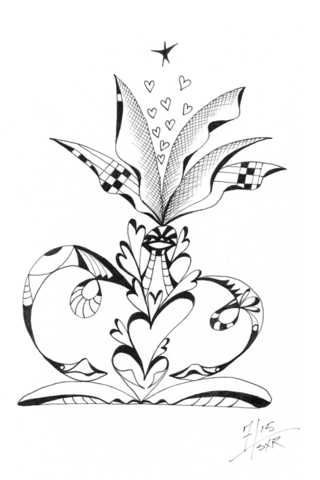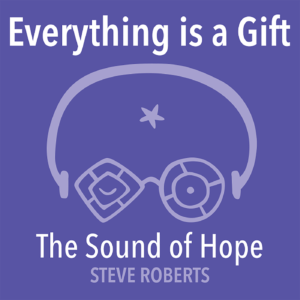It was Steve Jobs’ parting gift. The Apple founder saw to it that each member of the packed house at his memorial service, which included a dazzling representation of who’s who, departed with a copy of the spiritual classic, “Autobiography of a Yogi”. I can only imagine what it was about the book, published in 1949, and its author, Paramahansa Yogananda (1893-1952), that so captivated Mr. Jobs that he wanted the swami’s wisdom to touch some of the world’s most influential people. One possibility is Yogananda’s loving embrace of the totality of humankind, as well as the simplicity and depth of his understanding. Mr. Jobs, after all, aspired to create computer technology that would provide the equivalent of a bicycle for the mind to virtually everyone on earth. It’s a small step to also imagine him being especially intrigued by Yogananda’s counsel that every life circumstance can be effectively addressed with the judicious use of a single question: “Who am I?” Discovering our answer to that question may be life’s most rewarding pursuit, beginning with realizing who we are not. A sinner, for instance.
Who am I?
"The push to change the words “nigger” and “injun” in Mark Twain’s Huckleberry Finn, because the so-called offensive nature of those terms might limit today’s readership and appreciation of that literary classic, is a wonderful opportunity to reflect on how we avoid taking responsibility for our feelings––and therefore miss the chance to become more awake, more whole, more useful friends to one another."
The Essay: The Gold in Niggers and Injuns




